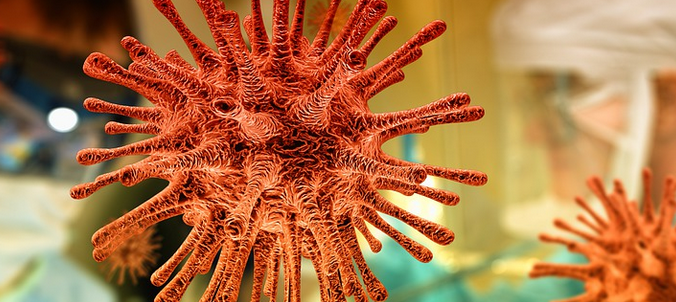Introduction
Chemical stress tests are medical procedures that use drugs to stimulate the heart and evaluate its performance under stress. These tests are usually conducted to diagnose heart conditions such as coronary artery disease, arrhythmias, and heart valve problems. While chemical stress tests are generally safe, there are some complications that may arise during or after the procedure.
Complications of Chemical Stress Test
1. Allergic Reactions
One of the most common complications of chemical stress tests is an allergic reaction to the drugs used during the procedure. These drugs, such as dobutamine, adenosine, and dipyridamole, can cause symptoms such as rash, itching, and difficulty breathing in some patients. If you experience any of these symptoms, inform your doctor immediately.
2. Abnormal Heart Rhythm
Another complication that may occur during a chemical stress test is an abnormal heart rhythm. This may be due to the drugs used during the procedure, and can cause symptoms such as dizziness, fainting, and chest pain. In some cases, an abnormal heart rhythm may require medical intervention.
3. Chest Pain
Some patients may experience chest pain during a chemical stress test. This may be due to the increased workload on the heart during the procedure or a symptom of an underlying heart condition. If you experience chest pain during the test, inform your doctor immediately.
4. High or Low Blood Pressure
Chemical stress tests can also cause changes in blood pressure. Some patients may experience a significant drop in blood pressure, which can cause dizziness and fainting. Others may experience an increase in blood pressure, which can cause headaches and shortness of breath. Your doctor will monitor your blood pressure throughout the test and adjust the medication as needed.
5. Nausea and Vomiting
Some patients may experience nausea and vomiting during a chemical stress test. This may be due to the drugs used during the procedure or a symptom of an underlying medical condition. If you experience nausea or vomiting during the test, inform your doctor immediately.
Conclusion
Chemical stress tests are important diagnostic tools used to evaluate the performance of the heart under stress. While they are generally safe, there are some complications that may arise during or after the procedure. It is important to inform your doctor if you experience any symptoms during the test, so that appropriate medical intervention can be provided.

